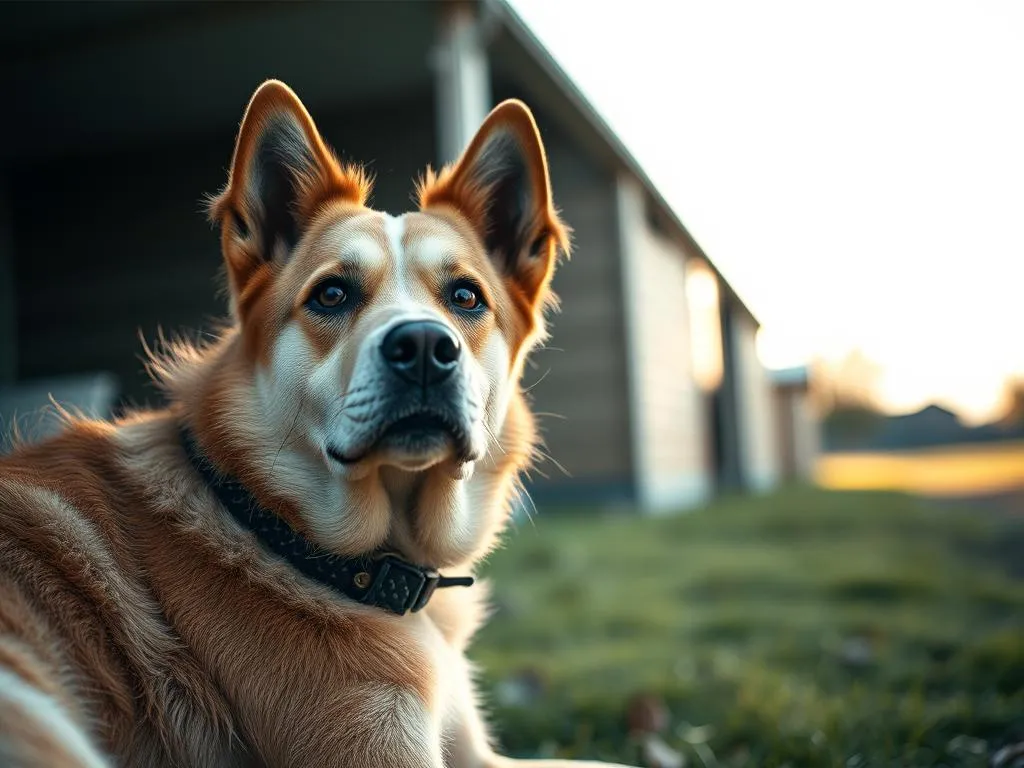
Introduction
Routine in dog care encompasses a consistent schedule for feeding, exercise, training, and health check-ups. Dogs, like humans, benefit significantly from having a structured day. Establishing a routine not only enhances their physical health but also contributes to their emotional well-being.
Definition of Routine in Dog Care
A routine for dogs includes regular feeding times, exercise sessions, training periods, and even social interactions. The predictability that comes with routine helps dogs feel secure in their environment, which is crucial for their overall health.
Importance of Routine in Overall Dog Health
When a dog knows what to expect, it creates a sense of stability. This stability can lead to better behavior, reduced anxiety, and overall happiness in your furry friend. Understanding why dogs thrive on routine can help you create a nurturing environment for your pet.
Understanding Canine Psychology
The Nature of Dogs
Dogs are inherently social creatures and are often regarded as pack animals. They thrive on companionship and have a natural tendency to seek structure. Understanding this aspect of canine psychology is essential in appreciating the significance of routine.
The Importance of Predictability
Predictability in a dog’s daily activities reduces anxiety and stress. Dogs are sensitive to their surroundings and often mirror the emotions of their owners. A routine helps them anticipate their needs, creating a calmer atmosphere. This predictability can significantly improve behavior, leading to a happier, well-adjusted pet.
Benefits of Routine for Dogs
Physical Health Benefits
A well-structured routine offers numerous physical health benefits for dogs. Regular feeding schedules not only help with digestion but also prevent obesity. When dogs eat at consistent times, their bodies adjust, leading to better metabolism and overall health.
Regular Feeding Schedules
Feeding your dog at the same time each day helps regulate their digestive system. This consistency can prevent issues such as vomiting or diarrhea, which can arise from erratic feeding times.
Structured Exercise Routines
Incorporating a structured exercise routine is vital for maintaining a healthy weight. Regular physical activity helps to prevent obesity-related issues and keeps your dog physically fit. Different breeds require varying levels of exercise, but all dogs benefit from daily activity.
Mental Health Benefits
In addition to physical health, a routine plays a crucial role in a dog’s mental well-being. Predictable schedules can help prevent behavioral problems, such as excessive barking, chewing, or digging.
Preventing Behavioral Issues
A consistent routine can diminish anxiety and stress, which are often triggers for undesirable behaviors. Dogs that understand their daily activities are less likely to feel anxious or uncertain, leading to fewer behavioral challenges.
Reducing Stress and Anxiety
Establishing a routine can significantly decrease stress levels in dogs. Knowing when to expect walks, meals, and playtime can create a calming effect, contributing to a more relaxed and content dog.
Strengthened Bond Between Owner and Dog
Consistent interactions through a routine can strengthen the bond between you and your dog. Engaging in regular activities fosters trust and understanding, which are essential elements of a healthy relationship.
Examples of Routine Activities
Routine activities such as daily walks, training sessions, and playtime provide opportunities for bonding. These moments not only enhance your relationship but also contribute to your dog’s happiness and well-being.
Key Components of a Healthy Routine
Feeding Schedule
A critical aspect of any dog’s routine is the feeding schedule. Aim for a consistent time for meals, ideally twice a day for adult dogs.
Recommended Feeding Times
Feeding your dog at the same time every day helps regulate their digestive system. Ensure portion control to maintain a healthy weight and monitor their diet for any changes.
Exercise Routine
Regular exercise is essential for your dog’s physical and mental health. The type and duration of exercise depend on the dog’s breed, age, and health status.
Suggested Daily Exercise Duration
Most dogs need at least 30 minutes to 2 hours of exercise daily. Activities can include walks, runs, playtime in the yard, or trips to the dog park.
Training and Socialization
Regular training sessions should be an integral part of your dog’s routine. Training not only reinforces good behavior but also stimulates their mind.
Importance of Regular Training Sessions
Consistent training helps your dog understand expectations and improves obedience. Incorporating socialization opportunities, such as playdates or visits to the dog park, can enhance their social skills.
Health Check-ups and Preventative Care
Routine veterinary check-ups are essential for monitoring your dog’s health. Regular visits help catch potential issues early and ensure your dog receives necessary vaccinations and preventative care.
Recommended Vet Visit Frequency
Most dogs should see a veterinarian at least once a year for a wellness exam. Older dogs or those with existing health issues may require more frequent visits.
Implementing a Routine for Your Dog
Assessing Your Dog’s Needs
Every dog is unique, and assessing their individual needs is crucial when establishing a routine. Factors such as age, breed, and health status should inform your approach.
Factors to Consider
Younger dogs may require more frequent training and socialization, while older dogs might need gentler exercise routines. Tailoring a routine to your dog’s specific needs enhances its effectiveness.
Creating a Daily Schedule
A well-structured daily schedule can provide clarity for both you and your dog.
Sample Daily Routine Template
- 7:00 AM: Morning walk
- 7:30 AM: Breakfast
- 8:00 AM: Playtime
- 10:00 AM: Quiet time
- 12:00 PM: Lunch (if applicable)
- 1:00 PM: Training session
- 3:00 PM: Afternoon walk
- 6:00 PM: Dinner
- 7:00 PM: Evening relaxation
- 9:00 PM: Final bathroom break
Tools and Resources
Consider utilizing apps and tools to help track your dog’s routine. These resources can assist in maintaining consistency and ensuring that you meet your dog’s daily needs.
Common Challenges and Solutions
Resistance to Routine Changes
When introducing a new routine, some dogs may resist changes. Signs of resistance can include anxiety, pacing, or vocalization.
Strategies to Smoothly Transition to a New Routine
To ease your dog into a new routine, start gradually incorporating changes. For instance, if you’re changing feeding times, shift the schedule by 15 minutes each day until you reach the desired time.
Balancing Routine and Spontaneity
While routines are essential, it’s also important to maintain a degree of flexibility. Incorporating spontaneous activities can enrich your dog’s life without disrupting the overall routine.
Ideas for Incorporating Spontaneous Activities
Consider occasional trips to new parks, extra play sessions, or surprise outings. These spontaneous activities can keep your dog mentally stimulated and happy.
Case Studies and Expert Opinions
Case Study: The Impact of Routine on a Rescue Dog
One dog’s journey illustrates the transformative effect of routine. After being adopted from a shelter, Max, a nervous rescue dog, thrived once his new owners established a consistent routine. With regular feeding, exercise, and training, Max’s anxiety levels decreased, and his behavior improved significantly.
Veterinarian Insights
Veterinarians often emphasize the importance of routine in enhancing a dog’s quality of life. “Dogs are creatures of habit. They feel more secure when they know what’s coming next,” says Dr. Smith, a veterinarian specializing in canine behavior. Research supports the notion that routines can lead to improved mental and physical health in dogs.
Conclusion
In summary, establishing a routine for your dog is not just beneficial; it is essential for their overall health and well-being. From physical health benefits like improved digestion and weight management to mental health advantages such as reduced anxiety and stronger bonds between owner and pet, the reasons why dogs thrive on routine are clear.
By implementing a thoughtful routine tailored to your dog’s needs, you can enhance their quality of life and create a happier, healthier companion.









